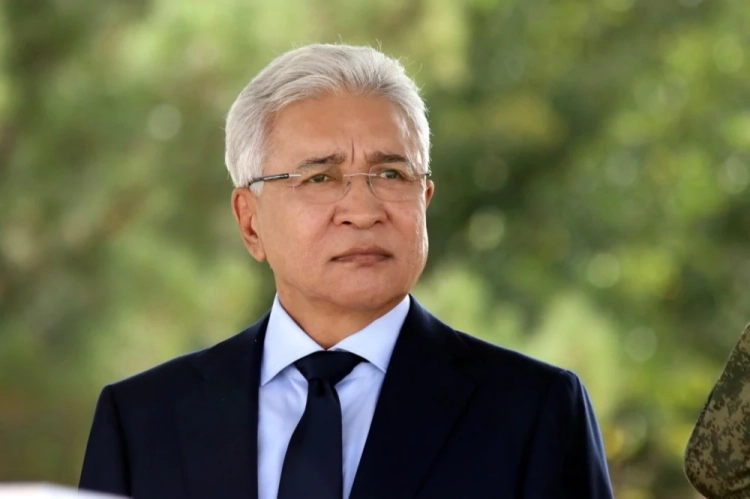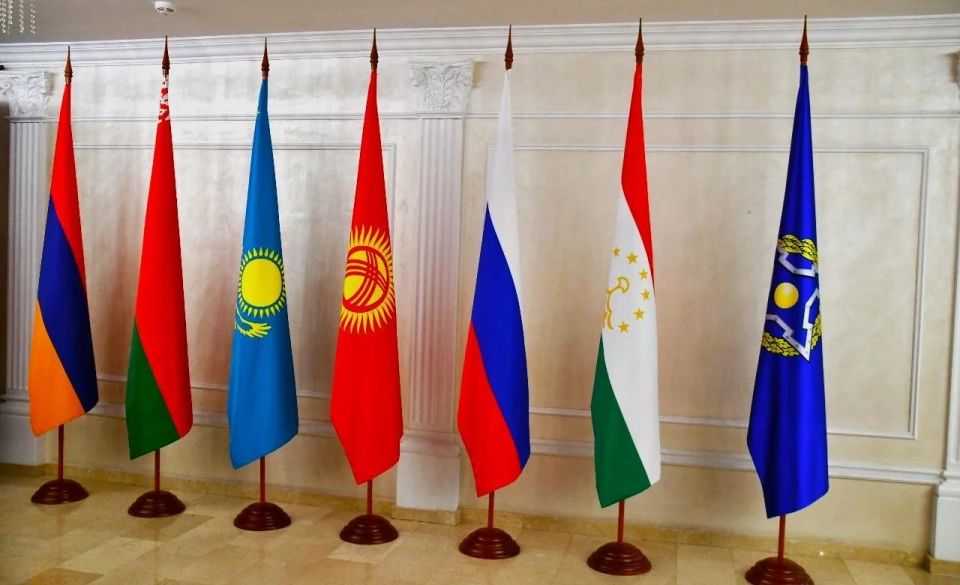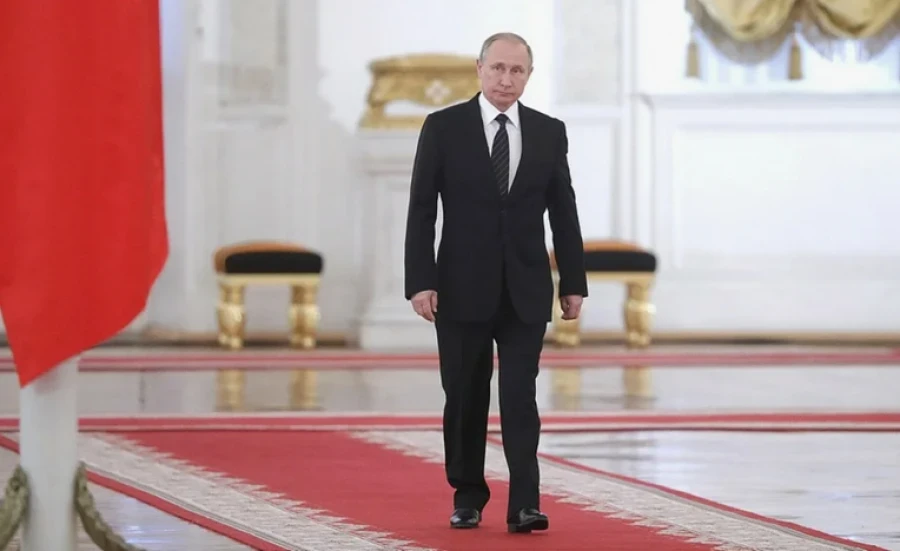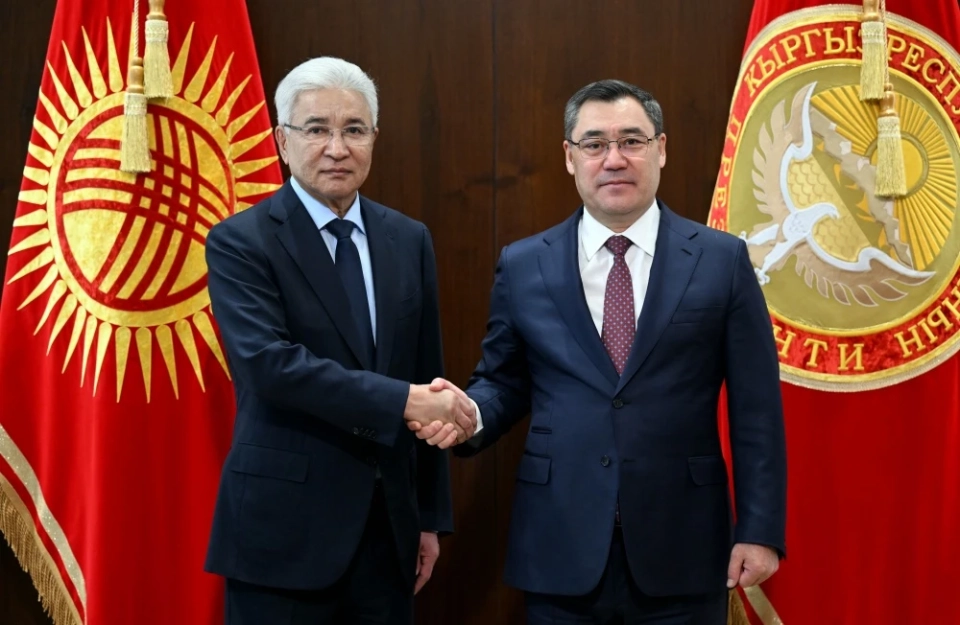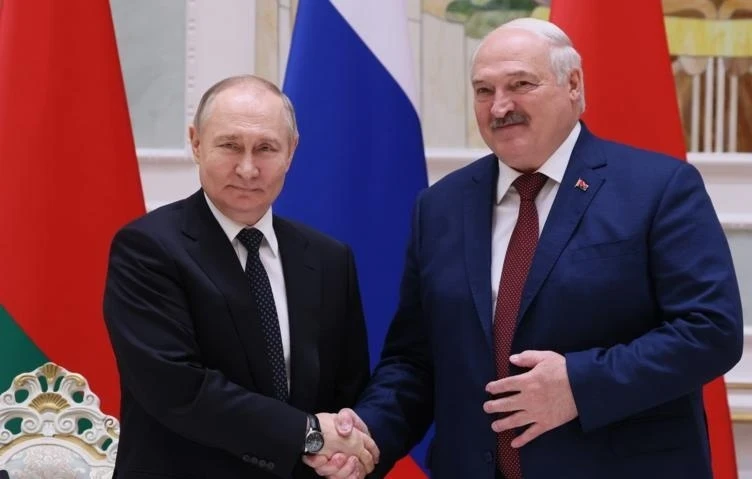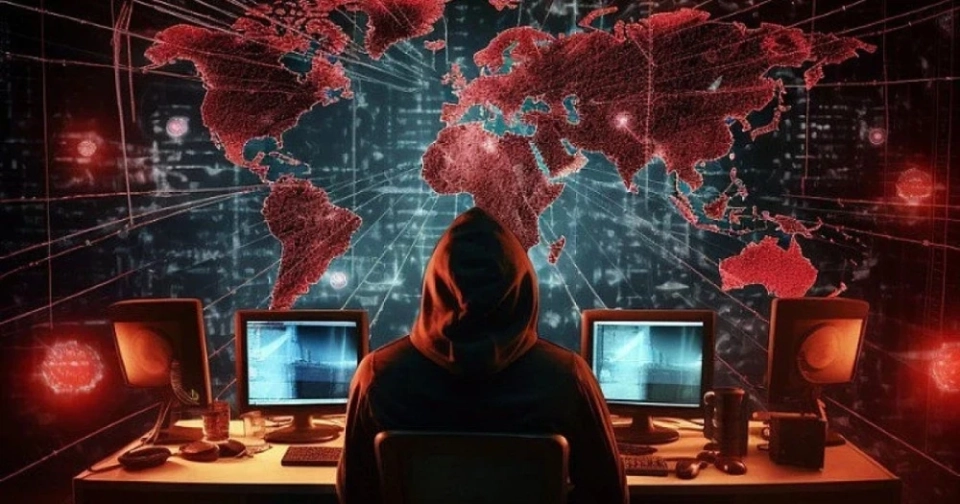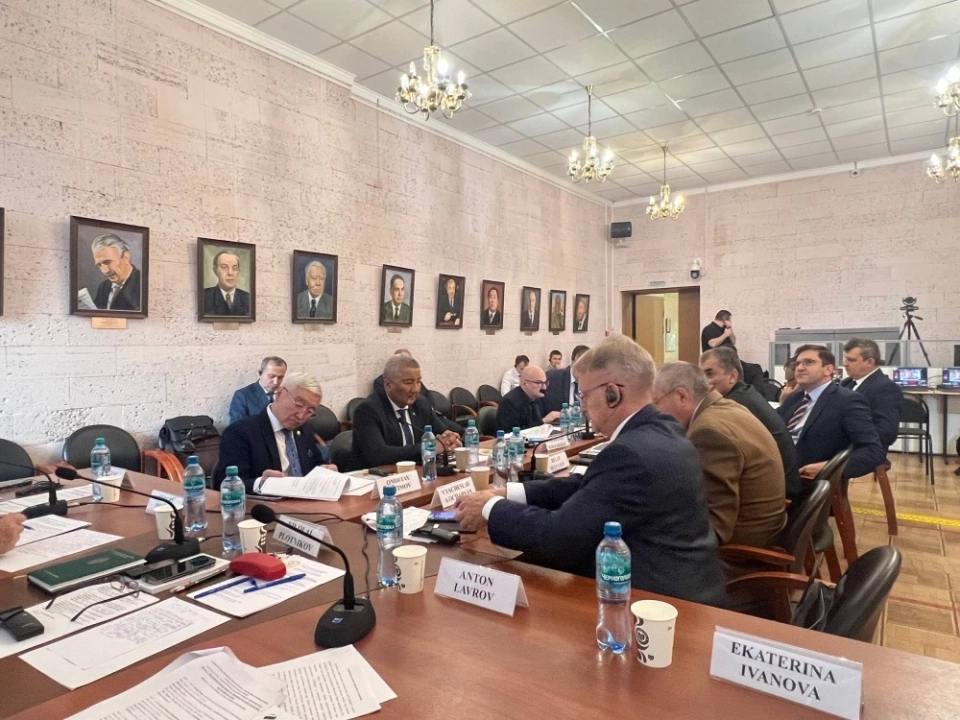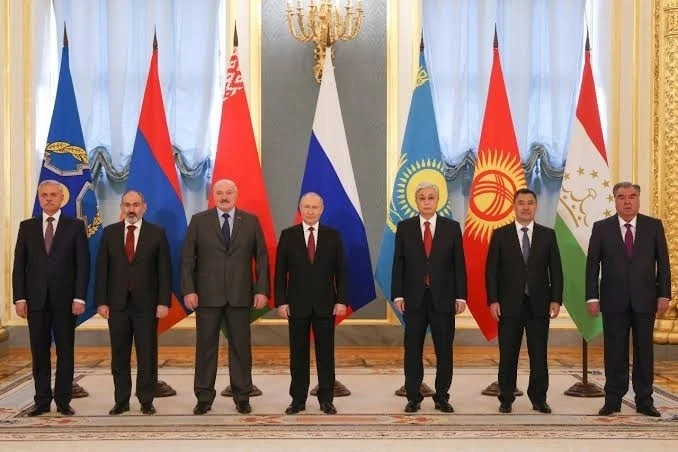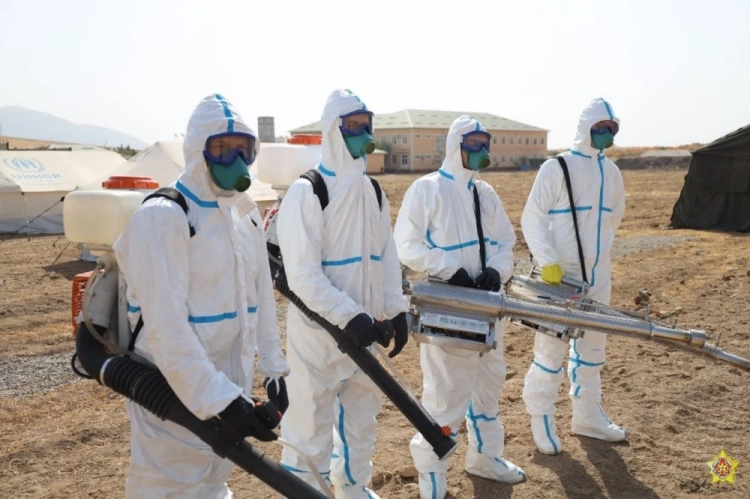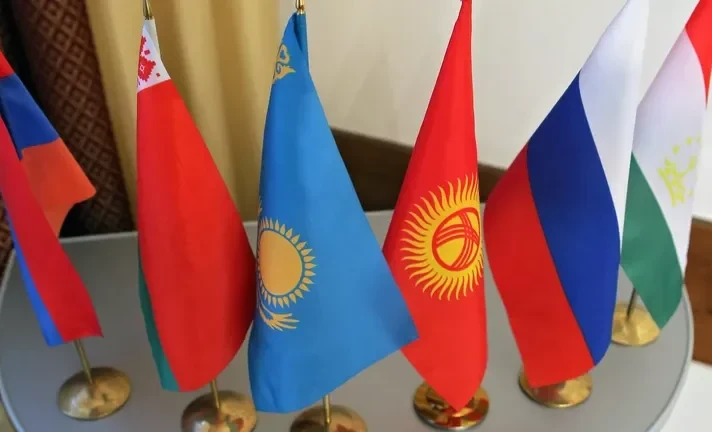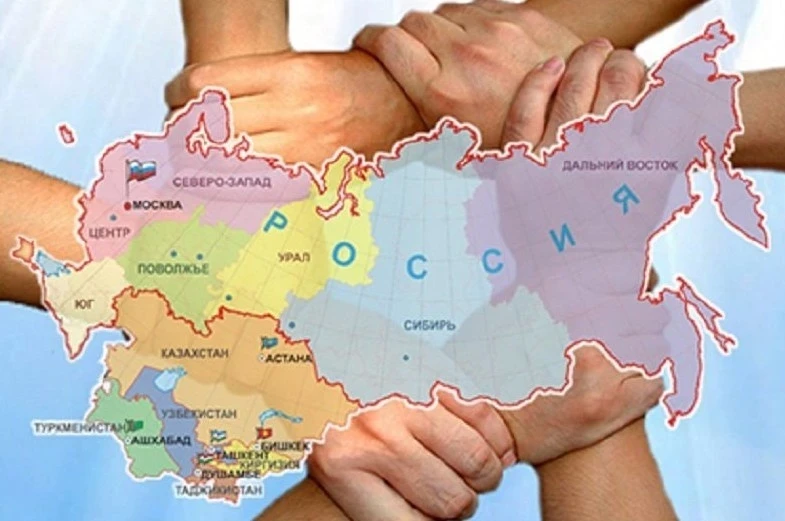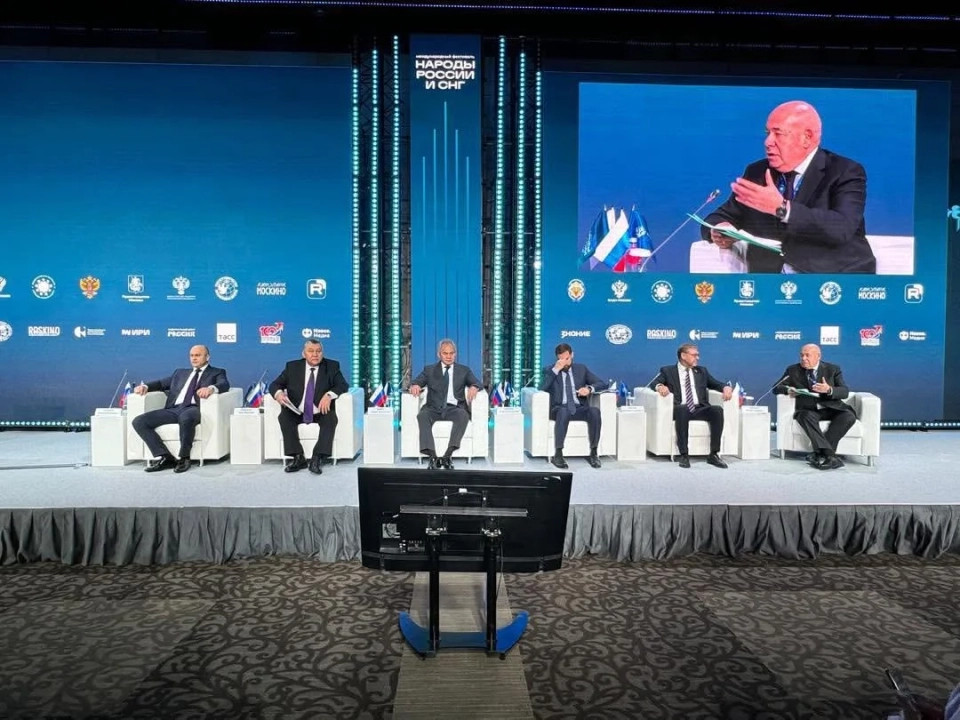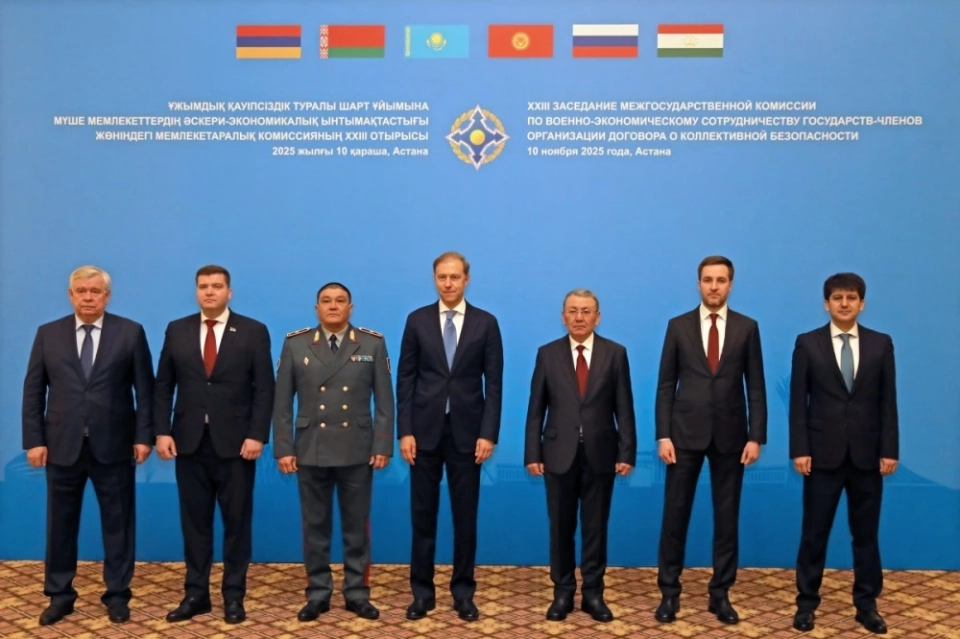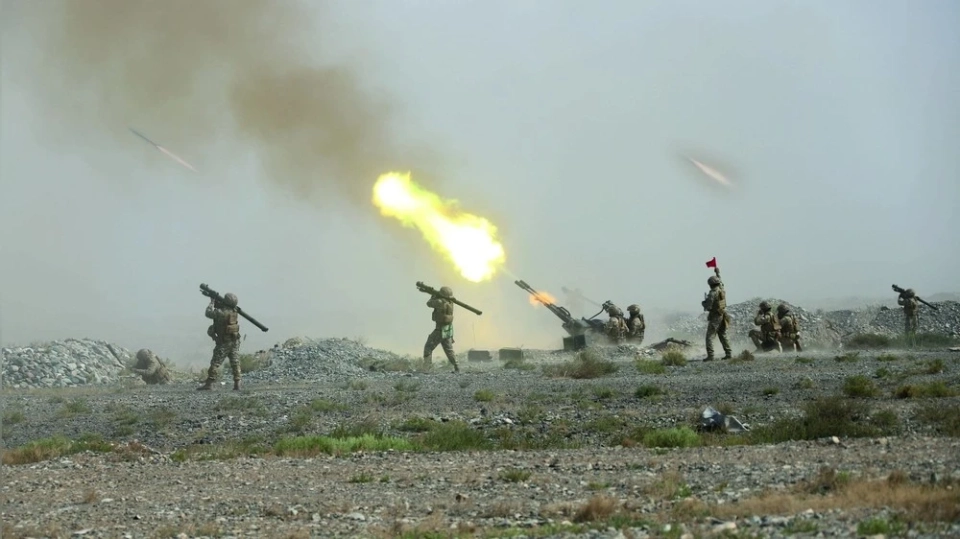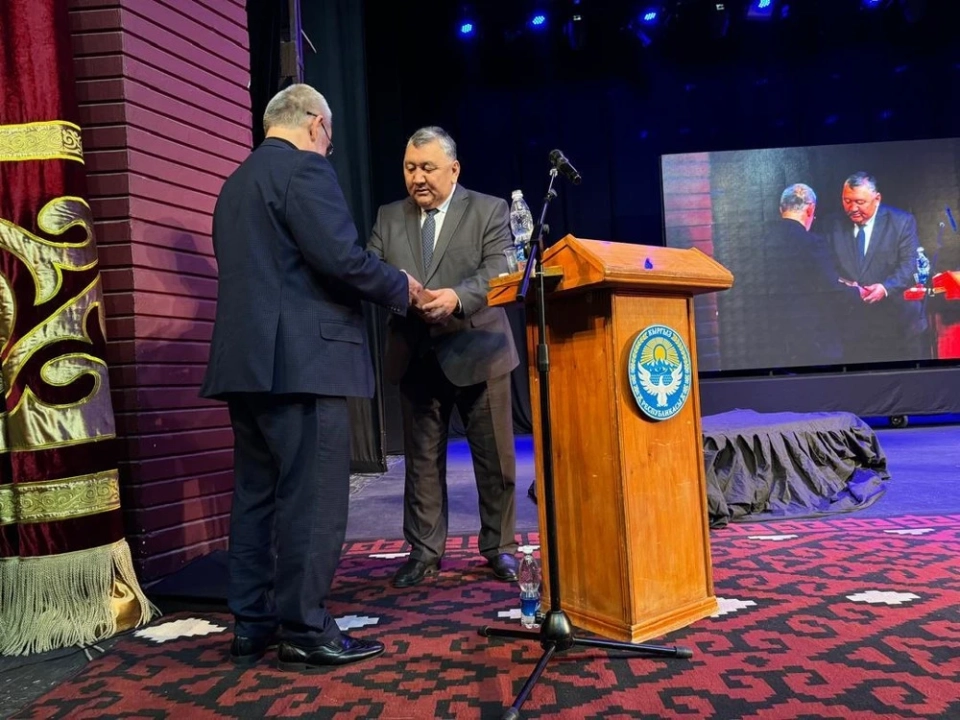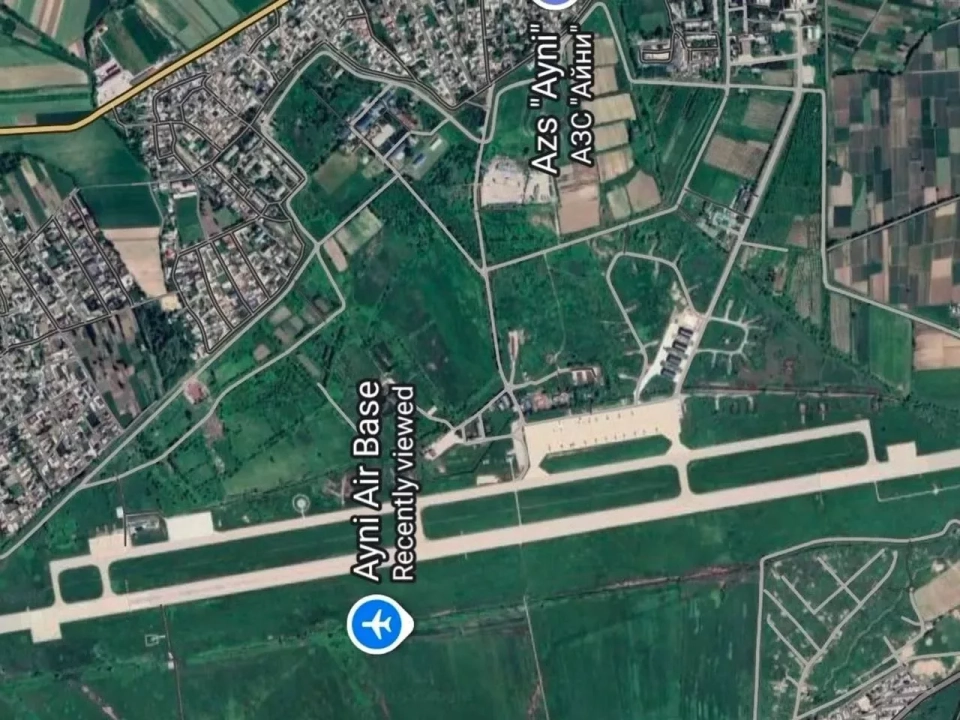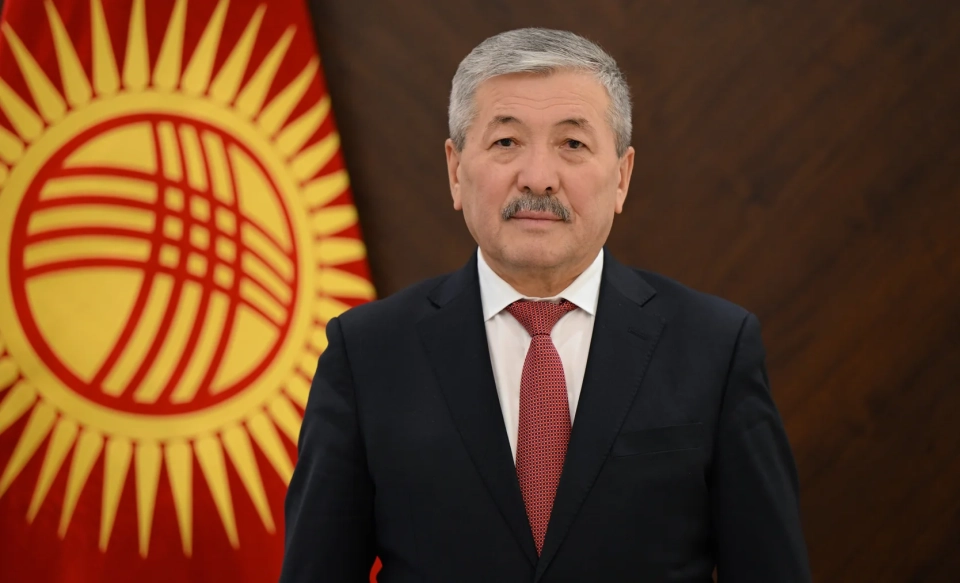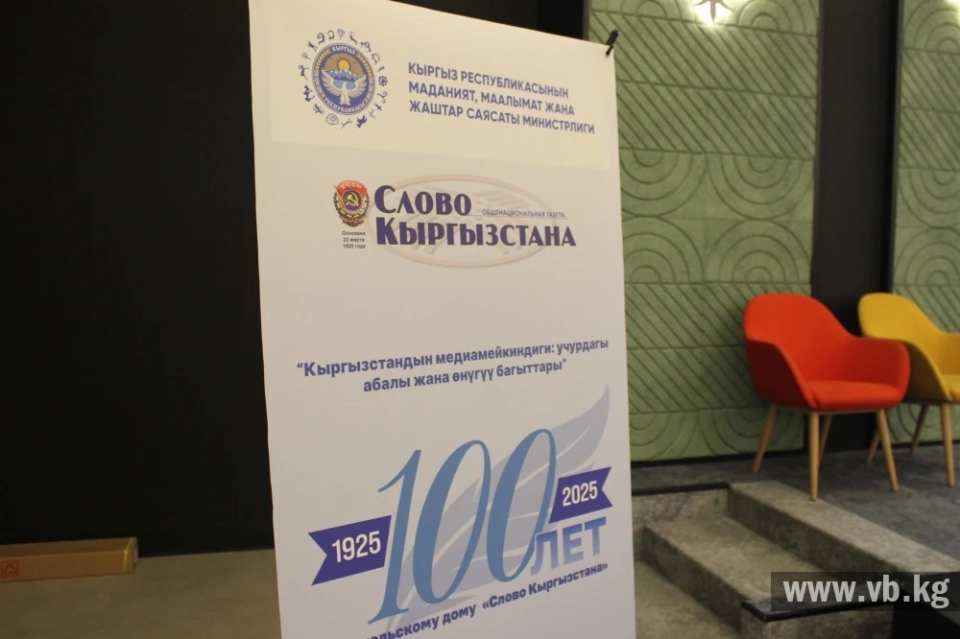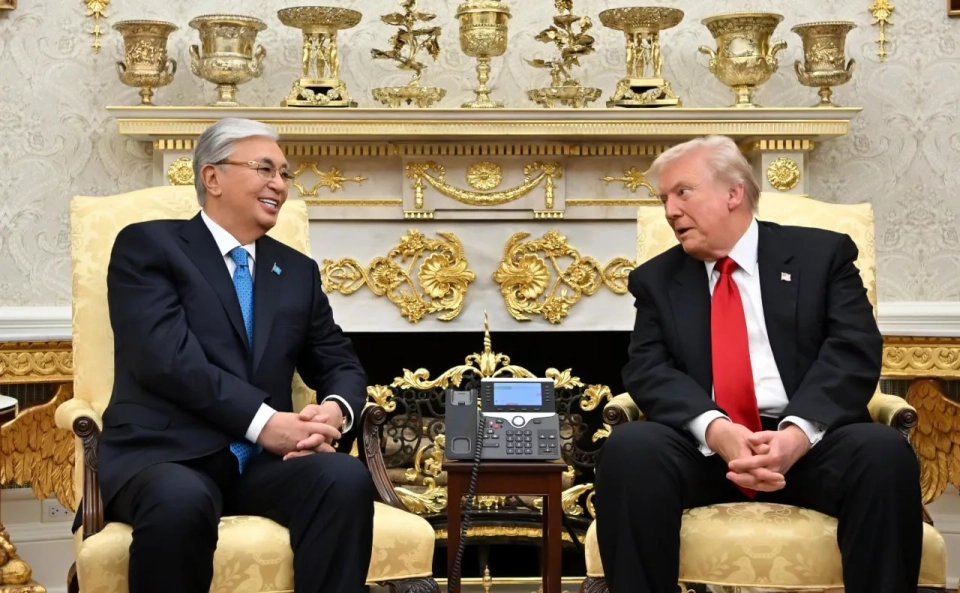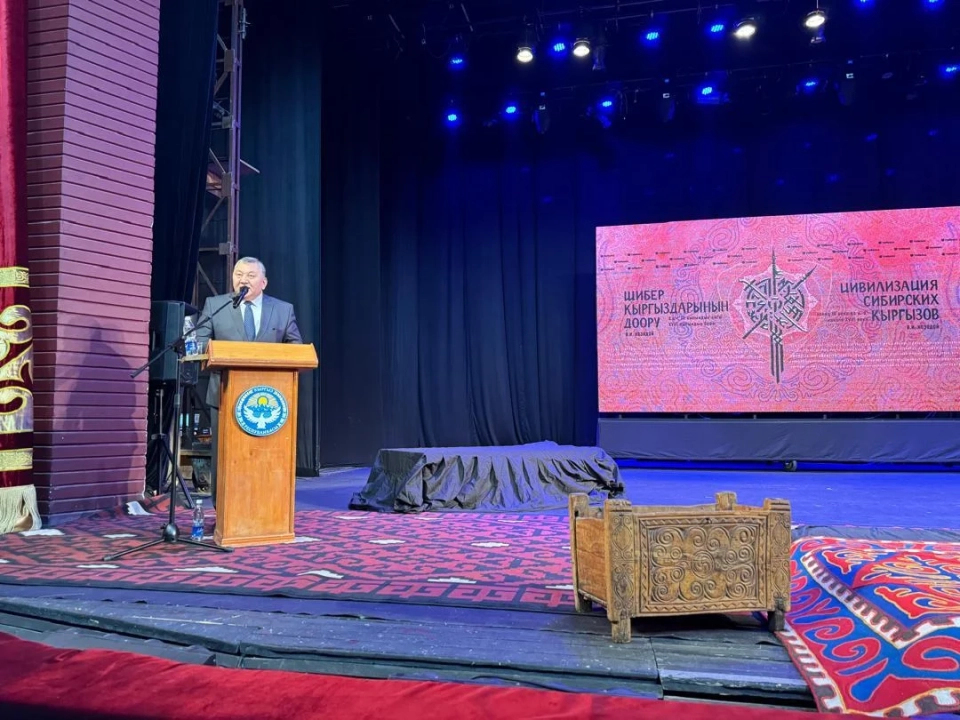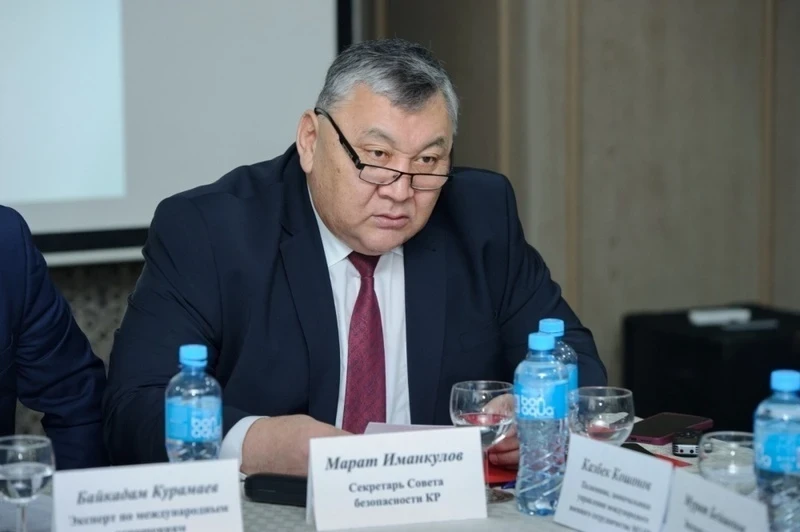
Against the backdrop of global instability, Kyrgyzstan is preparing for the CSTO summit scheduled for November 27 in Bishkek. In an interview with the editorial team of VB.KG, Secretary of State Marat Imankulov shared his views on strategic alliances, security threats, and the importance of unity within the country.
- Marat Mukhanovich, in light of the unstable international situation, including events in the Middle East, Ukraine, and Venezuela, what expectations do we have for the upcoming CSTO summit?
- Indeed, the international situation is concerning. We are witnessing significant changes in the global security system, and any event, whether in the Middle East, Eastern Europe, or Latin America, affects our region in one way or another.
It is important to understand that Kyrgyzstan has never felt alone. We have always been under the protection of our allies, especially the Russian Federation and our CSTO, CIS, and SCO neighbors, with whom we are connected not only by agreements but also by practical cooperation.
The CSTO continues to be an important player in the security of Central Asia, and Russia's role here is extremely significant. This opinion is based on my many years of experience in the field of security.
- Kyrgyzstan conducts a multi-vector foreign policy. How do you assess its complexity in the current conditions?
- A multi-vector policy does not mean a rejection of allied commitments. It is a tool of diplomacy.
In strategic matters, our choice has long been made and remains unchanged. Our main partners are Russia, China, the Central Asian countries, and the CIS. However, in the context of security, the unique role of the CSTO is undeniable. We have years of experience in joint work, unified training standards, and inter-agency cooperation.
Russia is our key ally in security matters and in other aspects, and this is a reality that cannot be replaced by any alternatives.
- What is the significance of the CSTO for Kyrgyzstan in the future?
- Undoubtedly, the CSTO remains relevant.
It is the only international defensive alliance with legally binding commitments for collective defense. Russia, possessing significant military and economic potential, is the foundation of this alliance.
We rely on the CSTO for the future.
- In light of the increased activity of the USA in the region: the C5+1 format and various visits. How will this affect our foreign policy?
- Our policy remains unchanged.
The USA is indeed showing activity, and as one of the leading countries in the world, they maintain relations with all states, including Kyrgyzstan. This confirms the growing role of Central Asia in global politics. However, this activation is not directed against our strategic partners.
No diplomatic activity from third countries can replace the long-standing cooperation and common threats we have addressed together with our closest allies.
It is important to understand that meetings do not mean a change in our strategic priorities. Cooperation with Russia and China is fundamental and time-tested.
- In light of discussions about possible sanctions against Kyrgyzstan for cooperation with the Russian Federation, how do you assess this?
- The situation is clear. Kyrgyzstan does not provoke anyone and does not violate international norms. Our economy is market-based, and the state does not interfere in the private sector.
Moreover, 70% of our economic cooperation is linked to Russia, and this is not a figure that can be easily replaced. This involves tens of thousands of enterprises, millions of people, labor migrants, and mutual investments.
The President noted that if someone wants us to reconsider our cooperation with Russia, they should compensate us for what we have from the Russian Federation. This is a completely fair position. But security is an area that is not up for discussion. Russia remains our main partner here.
- How is the CSTO adapting to new challenges?
- The organization is working actively and dynamically. The Secretariat and the Joint Staff continuously monitor the situation in the world and in our region, assessing risks. It is important to note that the CSTO remains strictly a defensive alliance, without offensive tasks.
- How does Kyrgyzstan respond to attempts to revise history and downplay the contribution of the USSR?
- This issue is principled for us. This year, I spoke at a CSTO conference dedicated to the anniversary of the victory in the Great Patriotic War. Russia and the CIS countries play a key role in defending the historical truth about the war and the contributions of the peoples of the USSR.
As members of the CSTO and as part of a common history, we are obliged to preserve the memory of the feats of our ancestors.
Our grandfathers and fathers liberated Germany and Eastern Europe from fascism and raised the banner of victory over the Reichstag in Berlin. This is a historical fact that no one has the right to rewrite.
We actively cooperate with our Russian partners in the humanitarian sphere – we hold festivals, conferences, and create scientific platforms. This is important work that contributes to preserving our common cultural and historical platform.
- How important is the topic of identity for the internal stability of the country?
- The Kyrgyz nation consists of a hundred ethnic groups. Our task is to maintain interethnic harmony, tolerance, and unity.
The concept of "Unguzhol" aims to strengthen the spiritual community of all nationalities living in our country and harmonizes with our historical tradition, as well as cultural ties with Russia and other Central Asian countries.
- So, the main task of the state is to preserve unity, historical memory, and a balanced approach to international relations?
- Correct. We must not isolate ourselves or push away any groups or countries. But we must remember who supported us in difficult times and remains our true ally.
- In conclusion, the task of the state is to preserve memory and unity, avoiding extremes?
- Exactly. The president's decree on the "Unguzhol" doctrine clearly states: do not isolate, do not push anyone away, and do not build barriers.
Unity and consensus are our strength.
Historical memory is our support, helping us remain ourselves in a rapidly changing world.
Interviewed by Sofia Berezovskaya

